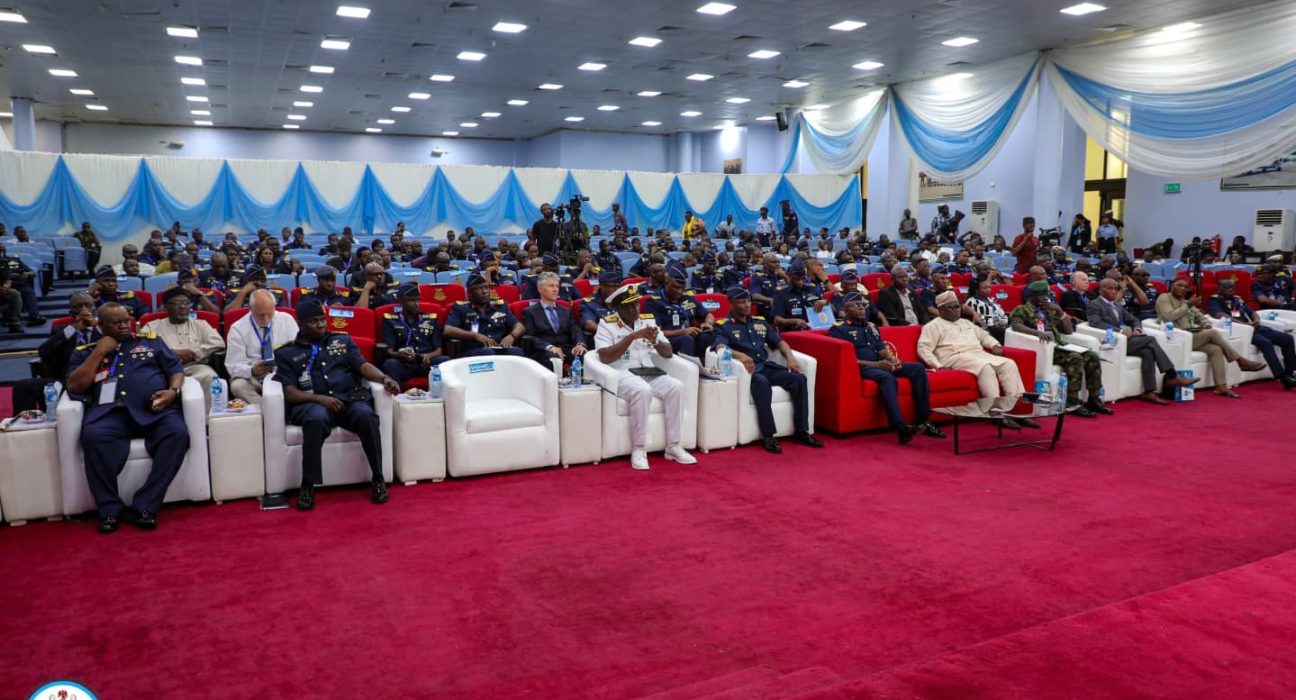Demonstrating its unwavering commitment to shaping the future of air power and securing Nigeria’s airspace in an evolving global landscape, the Nigerian Air Force (NAF) actively took part in the prestigious Aerospace Power Conference 2025, held at the renowned La Nuvola Convention Centre in Rome, Italy, from the 8th to 9th of May.
The Chief of the Air Staff, Air Marshal Hasan Bala Abubakar, was duly represented at the high-level event by the Chief of Standards and Evaluation, Air Vice Marshal Michael Abidoye. The conference, themed “Fighting and Winning in the Sky Beyond the Next Decade,” attracted over 1,500 influential participants, including top military commanders, aerospace technocrats, defence policymakers, and scholars from across the globe.
Organised by the Italian Air Force in conjunction with the Istituto Affari Internazionali (IAI), the summit served as a melting pot for strategic discussions on the evolution of aerial warfare, advancements in space-based defence systems, and the increasing impact of disruptive technologies in the military aviation sector.
NAF’s active participation in the forum highlights its forward-looking posture and resolve to remain operationally relevant amid global security uncertainties. The Nigerian delegation used the opportunity to engage with international counterparts, benchmark emerging technologies, and explore strategic collaborations aimed at enhancing Nigeria’s aerial combat capabilities and defensive readiness.
The representation aligns squarely with the command philosophy of the Chief of the Air Staff, which places strong emphasis on innovation, international engagement, capacity building, and strategic foresight as key drivers in repositioning the NAF for future challenges.
NAF’s involvement in such global discourses not only elevates its professional standing but also provides critical insights that will shape policy direction and resource prioritisation in Nigeria’s defence architecture, particularly as the nation contends with multifaceted security threats.
